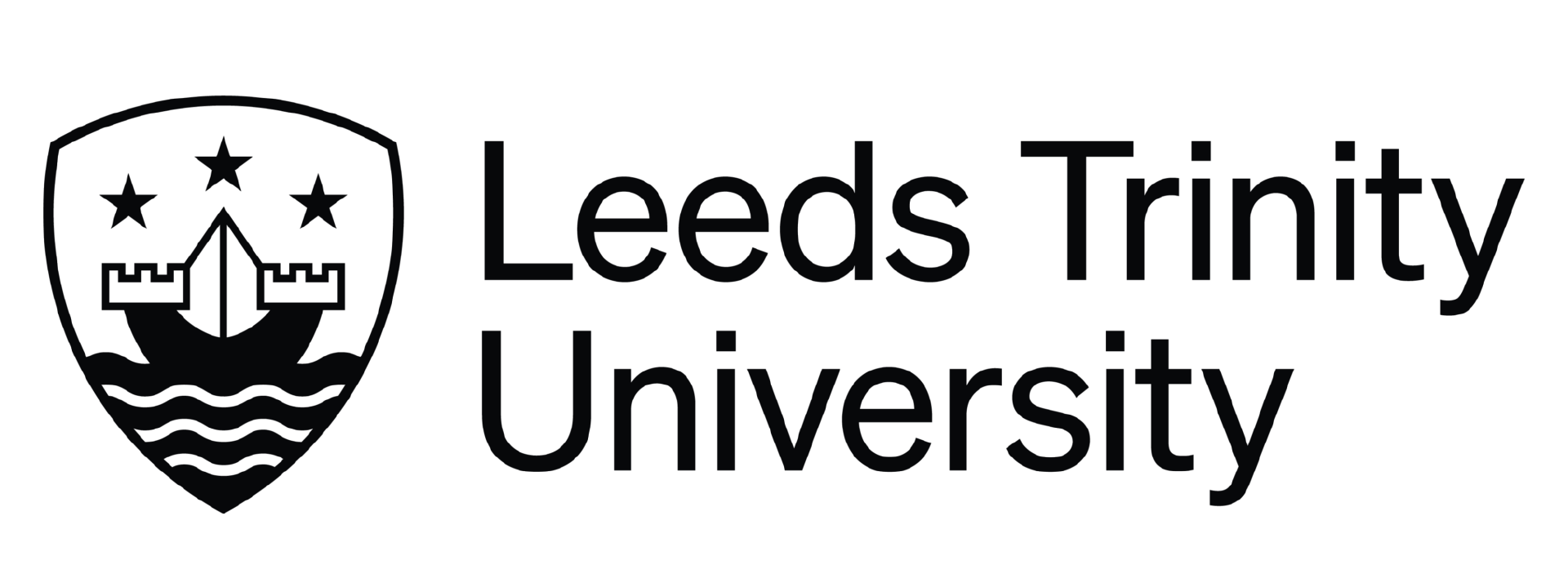Neil Barnett, Y-PERN Senior Policy Fellow based at Leeds Beckett University
The Inaugural Y-PERN conference on 18th and 19th January brought together a range of actors from local government, health, universities and the community sector, and for me, as a newly appointed Policy Fellow with Y-PERN, served to highlight the extent of cross-sector collaboration which is taking place in the Region, and the shared desire for greater and enhanced collaboration. Y-PERN has an excellent base on which to build. Without listing individual contributions, a clear theme was the commitment to build on the excellent examples of universities and others contributing to the economic, social and civic well-being of the places of which they are in integral part. Indeed, the importance of the contribution of their research capacity to ‘practice’ was one of the most commonly expressed themes, grounded in a context which was stressed by speaker after speaker- the cost of living and energy crises, inequalities and productivity disparities, and the issues concerning health and well-being, the climate emergency- with which the Regions policy-makers and communities are contending. Here I want to quickly reflect on what I noted as two of the key themes which appeared over the two days.
Firstly, Co-Production. Y-PERN’s objective of integrating research into policy-making and community arenas was reflected in several contributions stressing the need for research and evaluation to be co-produced with a range of stakeholders, that it should be ‘bottom up’, co-designed, and practice-based in the sense of being context-specific. It appeared to me that Y-PERN can contribute not just by encouraging such research, but also to learning more broadly how, or how best, to conduct such research. ‘Co-production’ covers a multitude of methodologies and approaches (Cheetham et al, 2023). There is ample evidence which refutes the idea that the research-practice relationship is straightforwardly a linear one; there is no necessarily straightforward relationship which leads to evidence shaping policy or actions, and there are differing interpretations as to what counts as ‘evidence’ (Boswell and Smith, 2017). Indeed, co-produced research can produce a series of practical and ethical risks, including the fact that co-producing stakeholders often talk differing languages, assigning differing meanings, and, perhaps most importantly, operate in differing political arenas and attach a range of values to ‘evidence’ (Phillips and Green, 2015), all of which produce issues for the design and conduct of research, but also for its ‘take up’ by the intended audience. Evaluation, of course, is fraught with the same difficulties. This of course requires sensitivity to context and the ‘grounded realism’ which Peter O’Brien refers to in his post of 1st February (above?/ link?), and a range of quantitative, qualitative and interpretative research methods (Mackillop et al, 2020). It points also to the need to develop a relational model, which draws upon ‘recognition that we are situated in ways that give rise to certain values and world views, but there is a need to create mediated spheres that provide the grounds for understanding ‘ (May, 2018, p.9). My take-away from the conference was that the Region already has exemplars of such developments, onto which Y-PERN can build and add further lessons as to ‘what works, how, and where?’.
Secondly, the conference saw a collective commitment to place-based interventions and impacts, reflecting the wider commitment to contextual awareness and in particular to the embeddedness of Y-PERN stakeholders in their places. Leaving aside for now the diverse meanings of’ place’ and other associated terms (‘locality’; ‘community’…) there was rejection of the simple dichotomy of ‘people based’ or ‘place based’ approaches and of outdated assumptions focussing solely on established, ‘engines of growth’. Y-PERN covers a covers a wide range of diverse and often overlapping places, stressing the need for tailored, context-sensitive interventions. As McCann (2019, p. 11) has put it ‘well-designed and locally-tailored regional policies which fostered the local engagement of many different types of (private, public and civil society) stakeholders [can] help to unblock local development traps and to thereby help unlock local development potential’. This is crucial if we are to take a commitment to ‘levelling up’ seriously, as, within a Region already suffering from inequality vis-à-vis others, there are within -Region, and indeed within-place inequalities. Context sensitivity gives rise to an appreciation and foregrounding of these nuances. Moreover, addressing these issues requires support to develop capabilities which are, again following McCann, (p.11) ‘built or constructed by experience, practice and learning-by-doing. A core logic of modern place-based policies is therefore to provide the framework within which local actors can develop the experience and expertise of good bottom-up policy design and delivery’.
Local institutional capacity and governance are important here, and Y-PERN is being launched at a time when the Region is seeing the introduction or further embedding of new institutional arrangements- Combined Authorities, Unitary Councils, and, in health, Integrated Care Trusts. It is clear that a practice, context based approach is essential to understanding of the inter-relationships at play, the process of interactions, and to an appreciation of the impact of institutional governance and scale on outcomes- well-being and quality of life. What are the effects of decentralisation and devolution on health, well-being, and inequality, and what scales seem to work best? These impacts are difficult to untangle (see Britteon et al, 2022 for some early evidence of health impacts of devolution in Manchester). There is already a large international literature looking at these effects (eg-Tselios et. al, 2012), the key lesson being, it seems to me, that these effects are, again, highly context-specific. There is also a need to not over concentrate on the formal institutional, organisational governance structures, but to ‘drill down’ beyond them, to consider a range of alternative ‘bottom up’ forms of organisation and ownership. Included here has to be consideration not only of economic and health impacts, but the democratic quality of suggested solutions and their impact on the civic culture of the regions places.
The challenges are huge, but the conference gave me hope that these issues are at the forefront of our collective thinking, and that we are well positioned to continue the journey.












